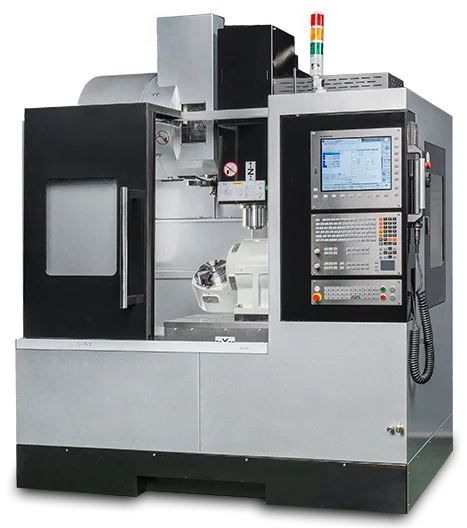Innovations and Trends That Will Change Alloy Applications in Metal Casting
Innovations and Trends That Will Change Alloy Applications in Metal Casting
Blog Article
The changes in the metal casting industry stem from a blend of opportunities optimally available from technology, shifts in various levels of demand and an increased focus on sustainability. These evolving alloys are certainly a major part of this change. Exemplifying with focus on non-ferrous alloys and how they are developed in metal casting, this document illustrates intended parts of metal casting and outlines the critical trends shaping advancements in them.
Alloy Application in Different Industries is Evolving:
By maintaining standards of performance for materials that are needed for unique service conditions, the use of alloys in several industries is driven upon.
Environmental Sustainability
The increased focus on environmentally safe alloys which are cost-effective has dramatically increased the need for specialty alloys in the aerospace industrial sector. Alloys such as titanium alloys, which take at least 55% of the total weight of a structure, as well as aluminium alloys, both help to lower fuel consumption. Because of these attributes, their application in machines has seen a sharp increase in the last number of decades.
Automobile Industry
The automotive industry is focused on lightweight construction, high performance, and energy efficiency. Aluminium alloys have a broad application in engines, gearboxes, and components like the cylinder heads and rotors due to their low density, plasticity, good thermal conductivity, and strong corrosion resistance. The automotive industry will require new energy vehicle (NEV) specialised alloys in the near future.
Energy Sector
Alloys are critical for use in nuclear, solar, and wind energy applications. For example, nuclear power plant alloys need to have strong radiation and corrosion resistance. As for alloys used in solar and wind energy, they must have good anti-oxidation and anti-corrosion properties. With the emphasis on clean energy development, there is an ever-increasing need for metals and alloys in this industry.
Technological Innovation
New alloys and improvements to casting processes due to technological advancements greatly improve productivity in manufacturing.
Development of New Alloys
Research and development activities are concentrating on newer alloys to satisfy the requirements of different industries. For instance, the Al-Si series alloys are being developed to cater to new energy vehicles and renewable energy markets. These alloys are characterised by the enhanced properties and performance, which will lead to enhanced technological solutions in the future.
Improvement of Casting Technology
Polishing casting and its successors are refining the procedures of a virtually unbounded number of super variants of alloy casting. These cast alloys will have surrealistic precision, elevated surface and internal alloy quality. Simultaneously working with the integrated die casting enables them to merge few items into one which reduces the cost of production and improves its efficiency.
Environmental and Sustainability Trends
The trend of sustainability has gained pace in recessed metal casting by shrinking the ecological footprint of the casting methods used, promoting sustainable practices in casting recycling.
Recycling and Reuse
The ecological trend is driving the agenda to return materials alloys, thus reusing them. They have seen excellent implementations for metals and not so good for aluminium alloys due to rising costs. With resource conservation, the ecological impact offered great change for reduced costs in production while achieving a positive footprint.
Green Manufacturing
In the alloy casting technology, green manufacturing methods, such as energy-saving smelting and waste gas treatment, are being adopted more frequently. These technologies are instrumental in helping to alleviate and reduce industrial environmental pollution.
Market Expansion
Growth prospects in the metal casting industry are seen both internationally and domestically.
Global Market
The globalisation of the metal casting industry is widening the scope of its operations. The demand for alloys from maintaining markets in Asia and Africa offers an opportunity for manufacturers to widen their operations.
Domestic Market
Industrialisation and the development of infrastructure in China is creating demand for alloys in machinery construction and the electronic industry, providing tremendous scope for the expansion of the domestic market for alloys.

From Prototyping to Mass Production: Full-Service Capabilities
Junyin isn’t just a die casting manufacturer—they're a full-service partner. From rapid prototyping to high-volume production runs, Junyin supports you through every stage. They offer in-house mold design, tooling maintenance, secondary machining, powder coating, and even product assembly services. This makes Junyin ideal for startups and OEMs alike looking to streamline their supply chains.